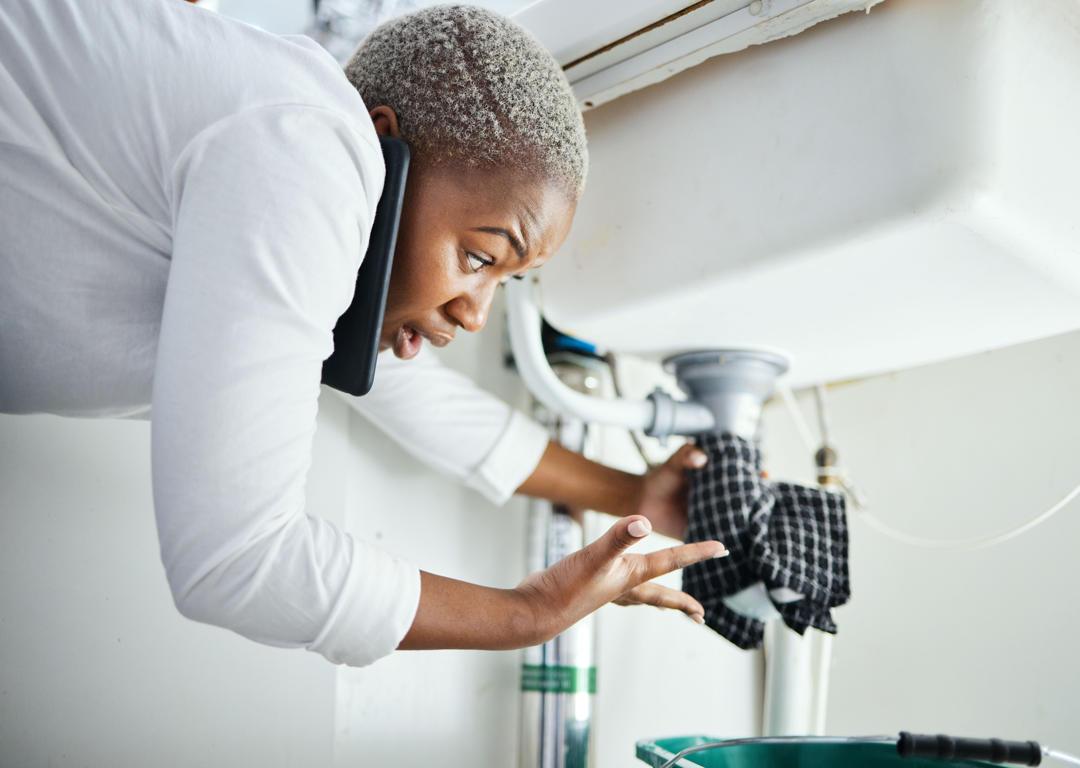
Understanding the Impact of Hidden Plumbing Leaks in Boise
As winter begins to thaw and the Boise Valley braces for the onset of spring rains, local homeowners face a heightened risk of water damage caused by hidden plumbing leaks. This transitional period exposes vulnerabilities in plumbing systems that may have developed or worsened during Idaho’s cold, dry winters. When left undetected, these leaks can escalate into serious structural and mold-related issues once saturated by spring precipitation. Boise’s fluctuating temperatures, ranging from sub-zero winters to wet springs, exacerbate the strain on pipes, especially in older homes with outdated infrastructure.
Many residents underestimate the seriousness of a minor drip or a slow leak, not realizing that a single undetected leak can waste up to 10,000 gallons of water annually, according to the U.S. Environmental Protection Agency (EPA). Beyond water waste, persistent moisture invites rot, mildew, and pest infestations, all of which compound the financial and health consequences for homeowners.
Identifying plumbing problems early, particularly those that remain concealed behind walls or beneath floors, is essential for mitigating costly springtime repairs. At Proficient Plumbing Service, we recognize the importance of timely leak detection and provide tailored, seasonally aware plumbing solutions for Boise homeowners.
Most Common Signs of Hidden Leaks
Detecting plumbing leaks early requires attentiveness to changes in your home’s water use, environment, and infrastructure. Hidden leaks rarely present themselves with overt flooding. Instead, they manifest subtly and often go unnoticed without careful inspection. Here are the most reliable signs Boise homeowners should watch for:
Unexplained Increase in Water Bills
One of the earliest indicators is an unexpected spike in water usage. If your monthly water bill increases without a change in daily usage patterns, it’s likely that water is escaping your system somewhere.
Musty Odors and Mold Growth
Excess moisture behind walls or beneath flooring fosters the perfect breeding ground for mold. Even small leaks can cause mildew-like odors that linger in areas like basements, crawl spaces, or cabinetry. The CDC warns that indoor mold exposure can trigger allergies and respiratory complications, particularly in children and seniors.
Water Stains on Ceilings or Walls
Stains that appear brown or yellowish and expand over time can indicate slow leaks from plumbing lines above. These marks are common beneath second-story bathrooms or near water heaters and laundry rooms.
Cracked or Warped Flooring
Plumbing leaks beneath tile, hardwood, or laminate flooring may cause warping, soft spots, or swelling. Wet subflooring, especially in kitchens or bathrooms, compromises the home’s structural integrity over time.
Reduced Water Pressure
If water pressure drops in just one area of the home, it may signal a localized leak. If the pressure decreases across the entire system, this may point to a more widespread or mainline issue.
Top Leak Detection Tools and Methods
While some leaks are visible to the eye, many require advanced equipment and professional assessment. Boise residents who suspect a plumbing issue should consider the following modern detection techniques:
Acoustic Leak Detection
Using sound technology, professional plumbers can detect subtle vibrations and noises from hidden leaks. Acoustic sensors pinpoint the source even behind thick drywall or beneath concrete slabs.
Thermal Imaging Cameras
These infrared cameras capture heat signatures and temperature changes caused by moisture accumulation, allowing technicians to detect leaks without removing walls or flooring.
Moisture Meters
These handheld devices measure the moisture content in building materials and can confirm the presence of dampness without visible signs of water damage.
Video Pipe Inspections
Tiny cameras attached to flexible cables allow plumbers to visually inspect pipe interiors for cracks, corrosion, or blockages. This is especially effective for sewer lines or hard-to-reach drainage systems.
At Proficient Plumbing Service, we utilize these tools to deliver precise, non-invasive diagnostics that prevent further property damage and reduce unnecessary labor costs.
Preventive Tips to Avoid Costly Water Damage During Spring
Spring showers in Boise often exacerbate any existing plumbing issues, turning small leaks into substantial home hazards. Proactive maintenance can help homeowners protect their properties before seasonal weather strikes. Key preventative strategies include:
- Inspecting exposed pipes in basements, attics, and crawl spaces for condensation, corrosion, or signs of rust.
- Checking around sinks, toilets, and appliances for water pooling or soft cabinetry.
- Cleaning gutters and downspouts to ensure spring rains divert away from your home’s foundation.
- Scheduling a plumbing inspection with a licensed plumber to review fixtures, valves, and water pressure levels.
- Installing water leak detectors near high-risk areas like water heaters and washing machines. Many smart detectors will send alerts directly to your phone.
Why Professional Leak Detection Matters
While DIY inspections can uncover basic problems, professional plumbing services offer the accuracy and expertise needed to detect and resolve complex or hidden leaks. Licensed plumbers like those at Proficient Plumbing Service bring not only the tools but also years of hands-on experience to each job.
We understand Boise’s local plumbing challenges, from freeze-thaw pipe damage to issues specific to homes built before the 1980s. According to a study published by the American Water Works Association, household leaks can account for nearly 12% of total water usage in older homes. Accurate leak detection requires understanding both the visible and invisible signs, particularly in older plumbing systems susceptible to degradation.
Our comprehensive inspections ensure that no leak goes undetected, helping homeowners preserve their investments and safeguard their families from water-related hazards.
Frequently Asked Questions
What should I do if I suspect a hidden plumbing leak?
Start by monitoring your water meter and inspecting common leak areas like under sinks or near water heaters. If signs persist, contact a professional plumber for a full inspection.
How often should I have my plumbing inspected?
Homeowners should schedule plumbing inspections annually, especially before the rainy season. Older homes or those with past leak issues may benefit from biannual checks.
Are hidden leaks covered by homeowners’ insurance?
Coverage varies by policy. Many insurers cover sudden damage but not slow leaks caused by negligence or wear and tear. Always consult with your provider.
Can I use dye to check for toilet leaks?
Yes. Add a few drops of food coloring to the tank. If the color appears in the bowl within 15 minutes without flushing, you likely have a leak.
Do smart water leak detectors really work?
Absolutely. These devices provide real-time alerts for leaks, even when you’re not home. Some models also shut off water automatically during emergencies.
Don’t wait until spring rains expose hidden issues in your plumbing system. Proficient Plumbing Service is ready to help Boise homeowners identify and address potential leaks before they lead to water damage. Schedule your seasonal inspection today and take control of your home’s protection.


